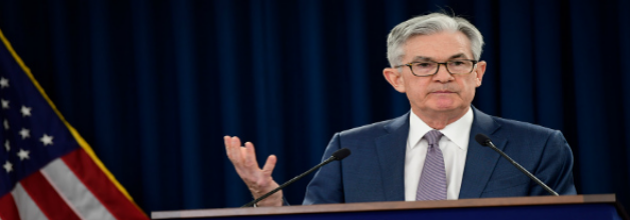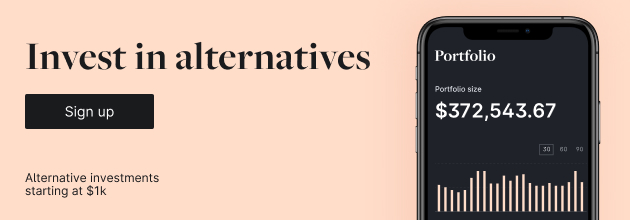There's never a dull day when Jerome Powell comes to town, with the market hanging on to his every word from the public square. On Wednesday, the Fed raised its expectations for inflation considerably, saying the headline figure could reach 3.4%, marking a full percentage point higher than its forecast in March. While Powell still feels the price pressures are "transitory," it may now take some comforting numbers to reassure investors.
Interest rates: The central bank also brought forward the time frame on when it will next raise rates. The so-called dot plot of individual FOMC member expectations pointed to two hikes in 2023, after Powell said in March that he saw no increases until at least 2024. Stocks slumped yesterday in reaction to the news, but rallied off their intraday lows after the Fed Chair said the projections should be "taken with a big grain of salt."
Stock futures slipped further overnight, with the Dow and S&P 500
down 0.4%, respectively, and the Nasdaq
off by 0.6%. Meanwhile, bond yields
headed higher after the press conference, while bitcoin sold off, but both have pared much of their recent moves. Interestingly enough, traditional inflation hedge gold tumbled as far as $1,835/oz on Wednesday and
fell another 3% overnight to the next support level at $1,800.
Taper talk: Powell did not issue guidance on when the central bank will begin tapering its bond-buying program, though many speculate that could come at Jackson Hole in August. "You can think of this meeting that we had as the 'talking about talking about' meeting, if you'd like," Powell said when asked about tapering. "I now suggest that we retire that term, which has served its purpose." The FOMC also disclosed it would extend dollar-swap lines with global central banks through the end of 2021, which was one of the last COVID-era programs the Fed undertook to stabilize world markets. (
4 comments)







EmoticonEmoticon